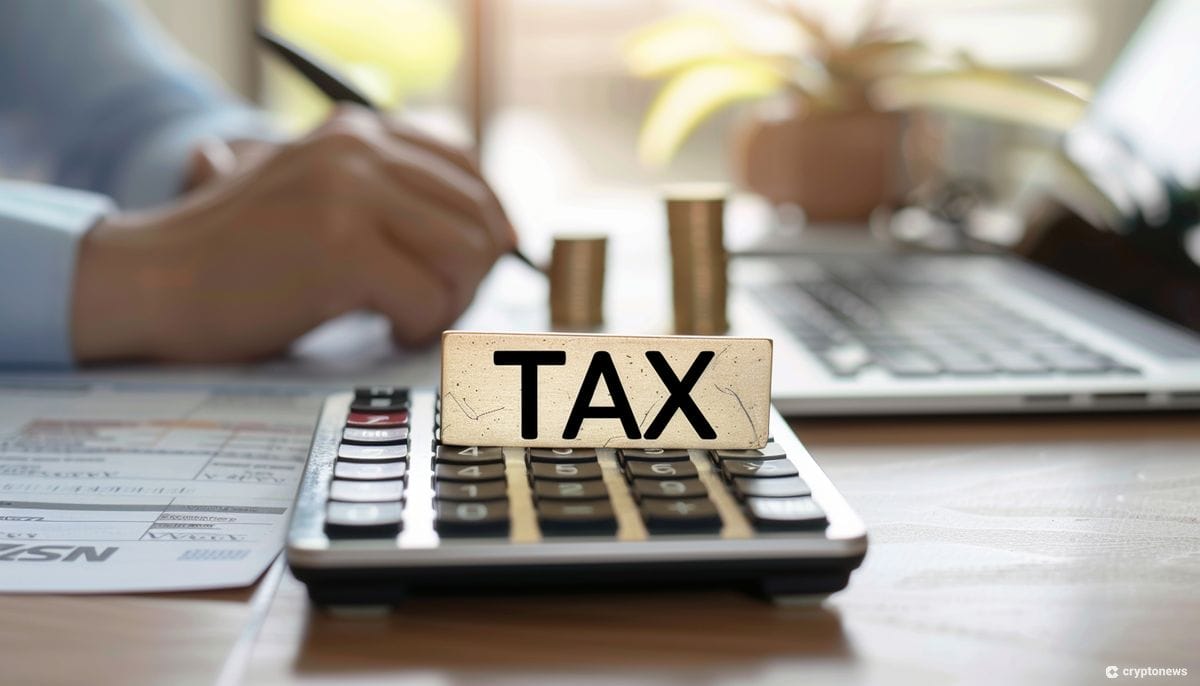Cryptocurrency investors in Australia are facing increased scrutiny from the Australian Tax Office as the agency cracks down on potential tax evasion. The ATO announced a new data collection program in April that requires designated crypto exchanges to provide client information and transaction details. This move is aimed at ensuring investors correctly report their crypto gains and pay any capital gains taxes owed. The ATO recognizes the complexities of using crypto, which can lead to confusion among users regarding their tax responsibilities.
Australia is a significant player in the crypto ecosystem, with a sizable user base of crypto investors. The country classifies crypto as taxable assets rather than foreign currency, making investors liable for capital gains tax when they sell or trade cryptocurrencies. The ATO has been working with partners to gain a clear understanding of the tax implications of crypto and develop a regulatory response. The new data-matching program targets underreported or inaccurate capital gains tax, income tax, GST, and FBT associated with cryptocurrency.
In addition to the ATO’s crackdown, Australian investors are set to gain a new investment avenue for Bitcoin with the potential launch of Spot Bitcoin exchange-traded funds (ETFs) by the end of 2024. This move by the country’s main market operator, ASX, could trigger a surge in Bitcoin investment options for Australians. Furthermore, Australia and Indonesia recently signed an information-sharing agreement to strengthen tax enforcement on cryptocurrency. The agreement aims to improve both countries’ ability to identify crypto assets subject to taxation.
The ATO’s data collection program and crackdown on tax evasion in the crypto space highlight the increasing importance of proper reporting and compliance for cryptocurrency investors in Australia. With the country’s significant crypto user base and the classification of crypto as taxable assets, investors must ensure they accurately report their crypto gains and pay any capital gains taxes owed. The launch of Spot Bitcoin ETFs and the information-sharing agreement with Indonesia further demonstrate Australia’s commitment to regulating the crypto space and enforcing tax laws in the digital asset realm.
As Australian crypto investors navigate the evolving regulatory landscape, understanding their tax responsibilities and staying compliant with reporting requirements will be crucial. The ATO’s efforts to tackle tax evasion in the crypto space underscore the agency’s commitment to promoting a fair and balanced tax system and ensuring that all investors contribute their fair share of taxes. With the launch of Bitcoin ETFs on the horizon and increased collaboration with international partners, the Australian crypto market is poised for further growth and regulatory developments in the coming years.










